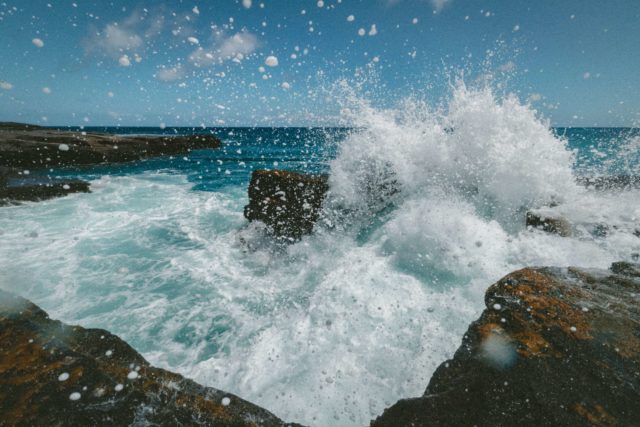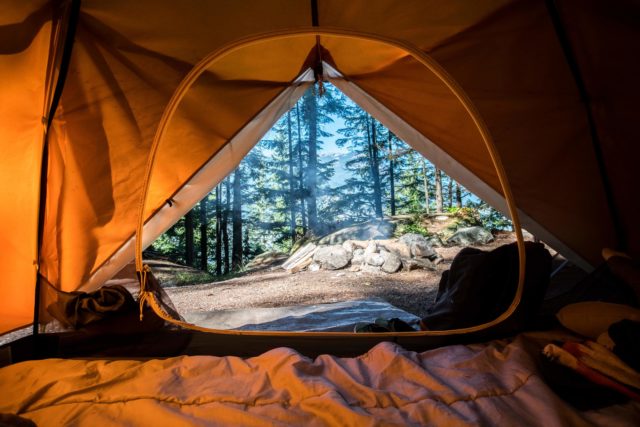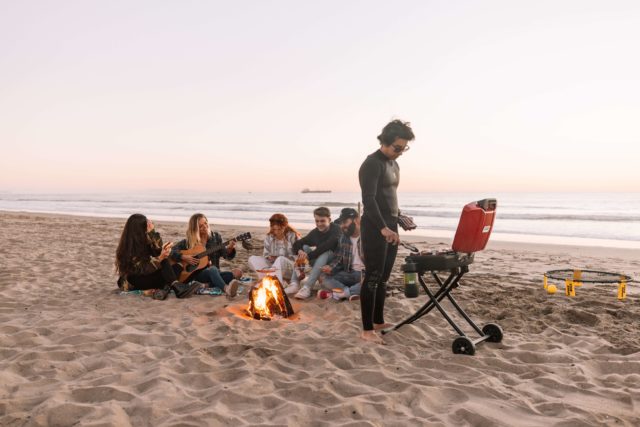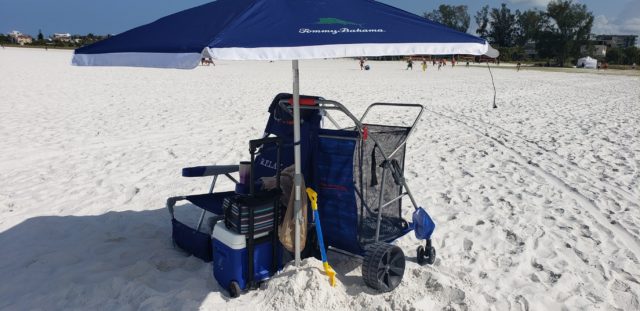When it comes to beach vacays, many of us immediately think of cute cabins, fancy condos, or even renting an AirBNB. But what if we actually want to camp on a beach?
Many new to beach camping didn’t realize there are rules you should follow when seeking a campsite directly off the beach. So we put together a quick guide to help you set up at the right spot.
Not All Beaches Are Camp-able
This is a rule many seem to have forgotten. Not all beaches allow camping! If you are planning on setting a tent up on the beach, no matter for how long, make sure you are allowed to do so first.
As a general rule, any beach that comes with an actual campground, any resorts or glamping sites, as well as state parks will allow you to camp on the beach, right next to the water from your dream.

The Tides Can Be Troublesome
The first thing you want to avoid is the tides. Look for high tide marks, such as driftwood, seaweed, etc. If an area is filled with tide residues, you should take it as a sign that it is not suitable to be used as a campsite.
The tides also change depending on the weather. If it is windy outside, the water would become errant. Therefore, make sure you’re not sitting directly where the gust blows, and increase your distance from the water if necessary.
Check the Ground
There are different types of beaches. Some are rocky, some are made of pure sand. Some are strong enough to hold a tent, others are better just for strolling through. Therefore, always check your ground before setting up your campsite, whether you’re going the old-school tent route or camping in an RV.
Additionally, keep in mind human behaviors can be detrimental to nature. So before you go explore that rarely traveled dune, check with the ranger to see if it’s under protection.
Always remind yourself of the no.1 camping rule — Leave no trace!

Don’t Stray Too Far
Depending on how equipped or glamorous your camping setup is, you often want to stay close enough to other facilities. There is nothing wrong with wanting a completely off-grid camping weekend on the beach, but you also need to take emergency into consideration.
Generally speaking, try your best to ensure accessibility to
- The beach and water (duh!)
- Other campers
- Urgent help
- Public facilities such as bathrooms and showers if you’re at a campsite

Avoid Hazard and Watch Your Surroundings
Are you camping with your family? Safety should always be your top priority, but you need to be extra cautious when camping with kids and elders. Avoid potential hazards and over-complicated landscapes. Save those challenging camp spots for when you’re on your own.
Simply put, tell the adventurous camper in your soul to take a break, and put your family’s enjoyment and wellbeing as the priority.

Additional Tips
Consider investing in a robust beach cart to help you transport all beach camping necessities. This allows you a much easier time and also lets you transport certain items to places you may not be able to reach. You can even let your kid stay in the beach cart while you roll it through the sand. This helps preserve their energy so they can enjoy the beach to the fullest!


